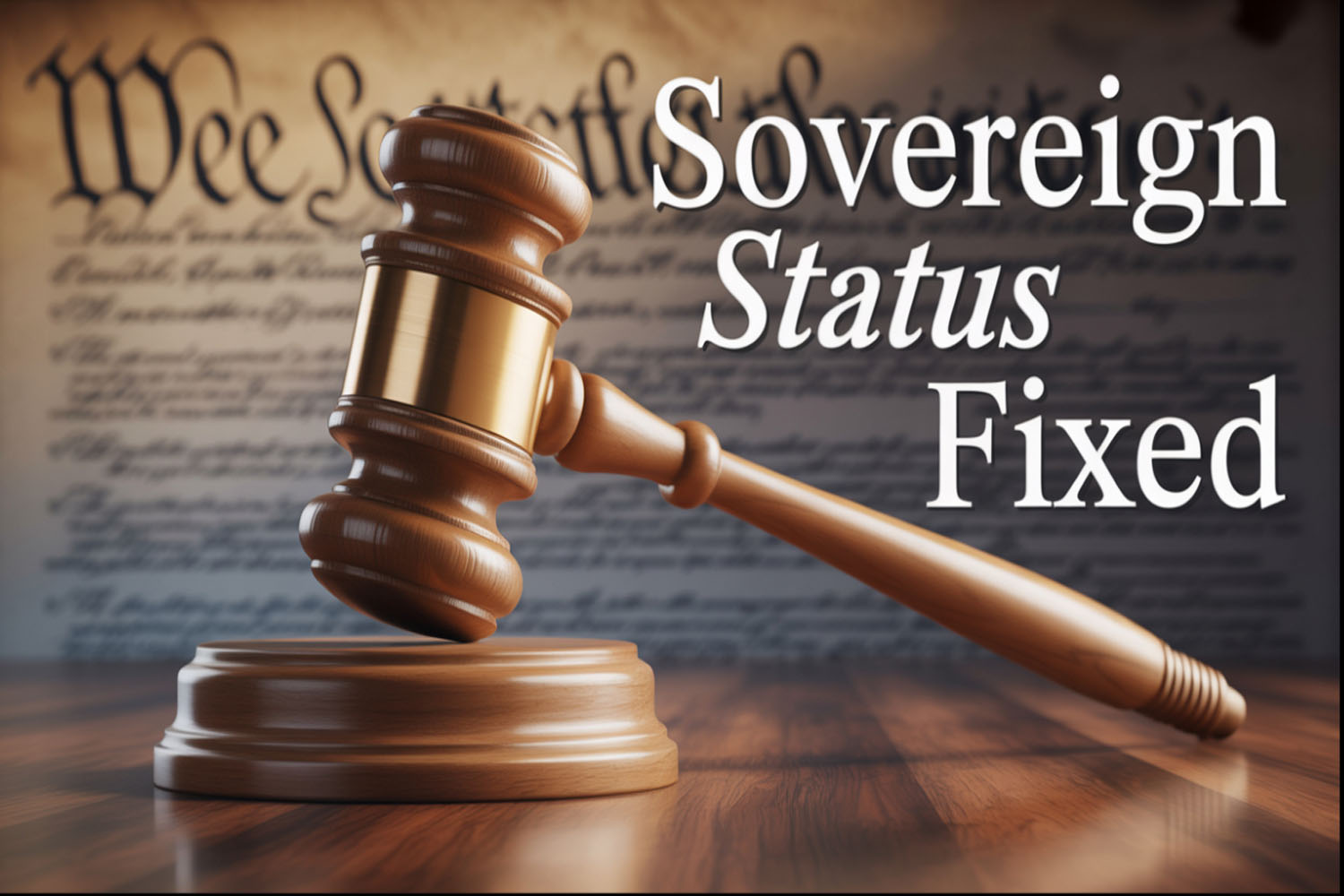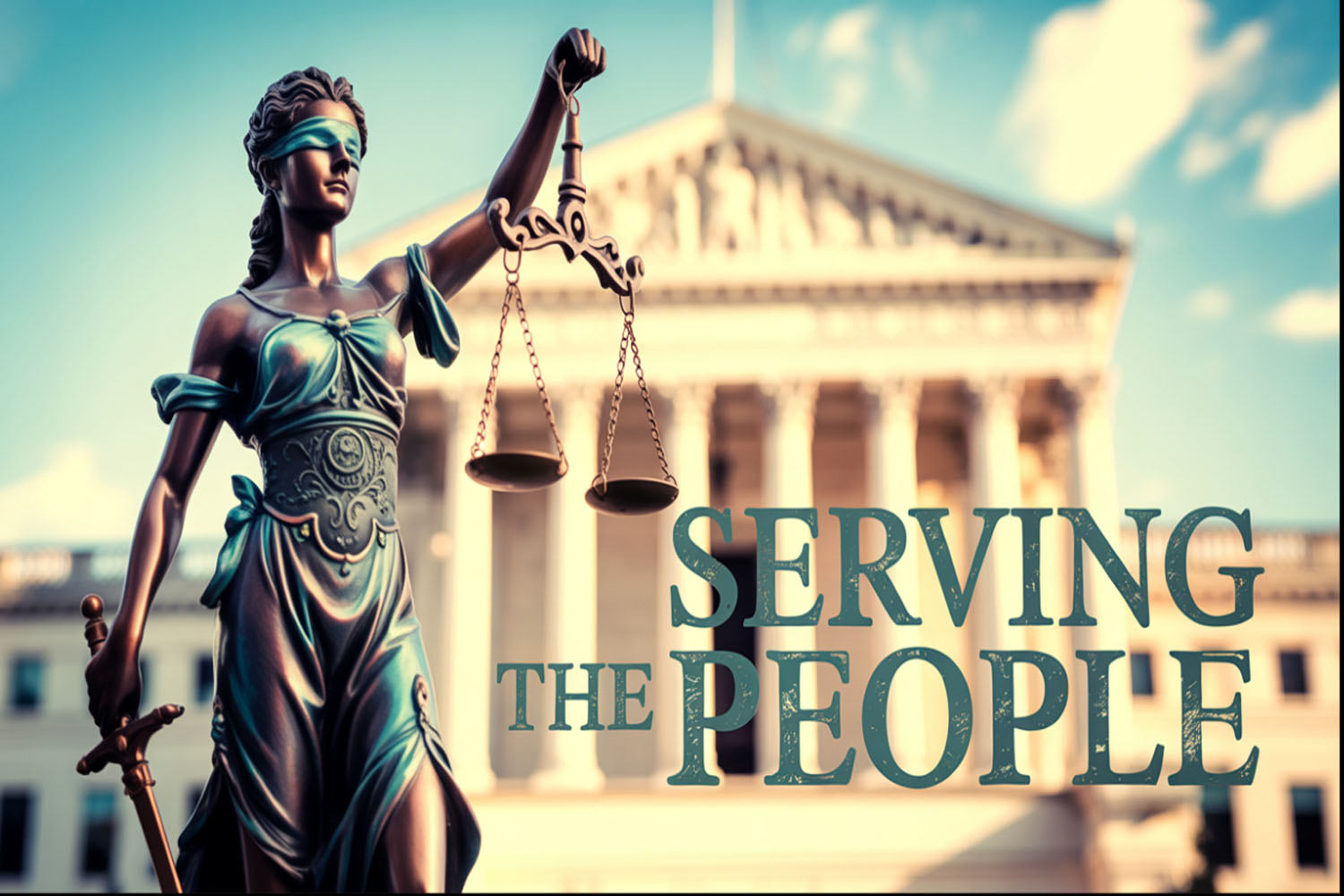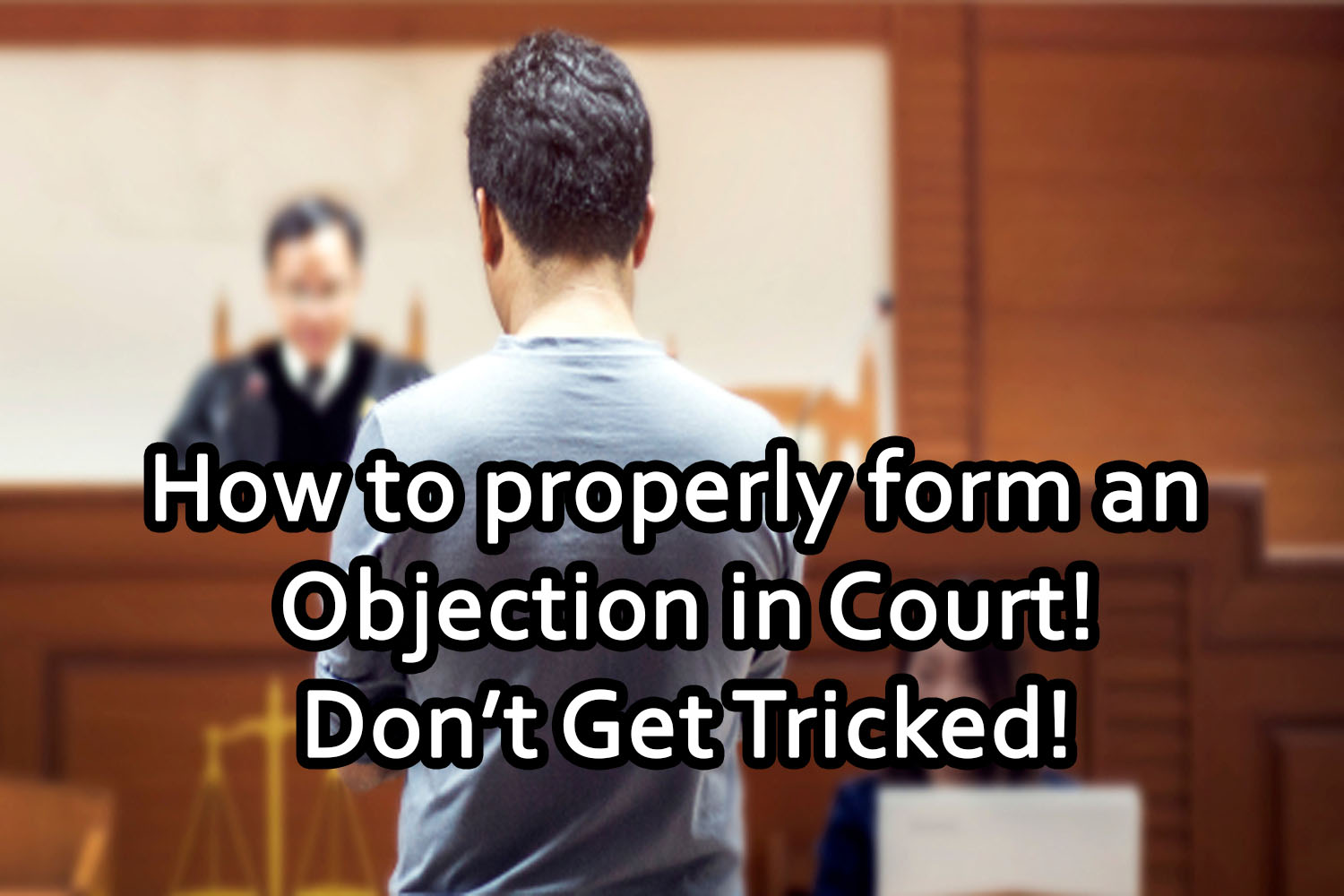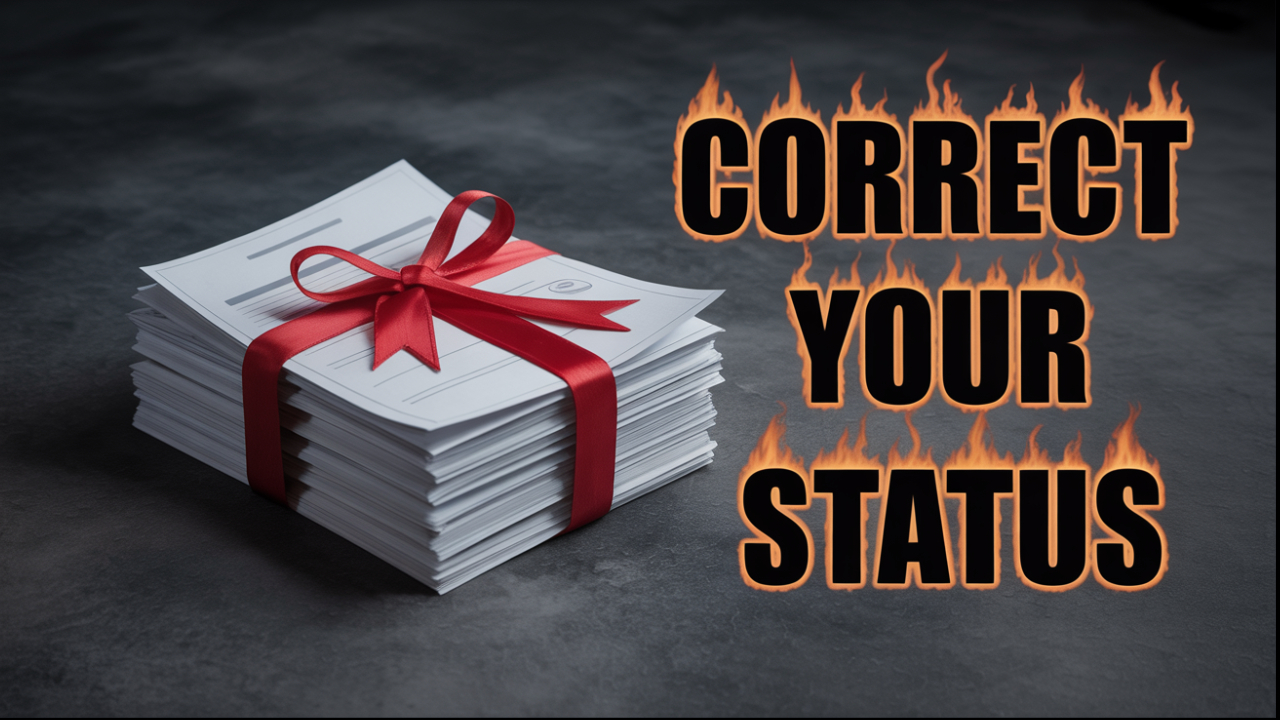Citizen vs citizen
Affirming the Distinction: Federal vs. State Citizenship and the Path
______________________________________________________________________________________________________________
“Those who hope to be both ignorant and free are hoping for something that never has been and will never be.” Thomas Jefferson
As Private American Citizens who are the original sovereigns of this country, the American people originally created the Federal Government as a political agent—our public servant. This creation was structured to operate subordinate to the People, with immediate political subdivisions including the three branches of the Federal Government (e.g., Congress, the President, and the Supreme Court) and the several sovereign States of the Union (e.g., Texas, Delaware).
However, beyond this original framework, a parallel structure has emerged. The Federal Government now indirectly encompasses corporate entities (Legal Fictions) such as the “STATE OF TEXAS,” which appear to function as political subdivisions of Congress. Although Congress is a creation of the People and a component of the Federal system, it possesses plenary power and authority to generate its own administrative arms within its territorial jurisdiction (Article 1 Section 8 Clause 17)—corporate states and the National Government itself—creating a complex hierarchy of governance. (See the Buck Act)
While this multilayered system is not inherently unconstitutional, it has facilitated a profound deception that operates unchecked as a result of the ignorance of the general populace. Through a gradual process of legal and linguistic slight of hand, Americans have been inveigled into exchanging their natural birthright as Private American “Citizens”, created by and accountable only to the Creator of the Boundless Universe, for the diminished legal status of statutory “citizens”—creations of Congress (Ens Legis), the National Government, and administrative bureaucracies.
This reversal of roles has rendered the People—originally the creators of government—into subjects of it (Bond Servants- See Leviticus 25:44-46) . The servant has become the master. The natural order of things envisioned in the Declaration of Independence has been usurped.
Yet the critical question remains:
Can this process be reversed?
Can Americans who have unknowingly accepted the limited status of 14th Amendment “citizens” reclaim their rightful status as Private American Citizens? Can Americans rebut the operational presumption of Debtor Dependency status and once again demonstrate competency in the performance of their commercial affairs?
The answer is a profound YES!
Whether this transition can occur peacefully within the bounds of law or through civil unrest depends on two key parties: the National Government and the American people. If the People remain disengaged and unwilling to educate themselves, the opportunity for a lawful restoration diminishes. Conversely, if the National Government remains entrenched and unwilling to relinquish control, meaningful reform becomes unlikely.
However, armed conflict is not a desirable or viable solution—particularly if it seeks to liberate a population that lacks the moral, intellectual, or civic preparedness required for true freedom. History has shown that revolutions without informed participants often lead to authoritarian regimes, as was the case in post-revolutionary Russia.
________________________________________________________________________________________________________________
Empowerment Through Decentralization
There is hope in the digital age. The decentralization brought about by the internet has weakened the monopoly of centralized governmental authority and provided a means for broad-based civic education. Americans are increasingly able to distinguish between statutory “citizens” and Private American “Citizens”—and to consciously choose which path to follow.
This educational awakening is crucial. It enables individuals to transcend the limitations of ignorance and take full responsibility for the rights and duties of Citizenship. The path to freedom requires not only knowledge but also the moral strength and maturity to exercise it responsibly.
________________________________________________________________________________________________________________
The Power of Choice
Freedom must be chosen—it cannot be imposed. Many Americans may rationally and voluntarily choose to remain statutory “citizens,” accepting government protections and benefits in exchange for reduced autonomy and responsibility. This choice echoes Biblical precedent, wherein former slaves were permitted to willingly return to servitude.
“”Let Us Appoint A Leader And Return To Egypt” (Numbers 14:4)”
Others, however, will have the conviction and strength to reclaim their sovereign status. For them, statutory citizenship is not merely undesirable—it is incompatible with their spiritual and moral convictions.
John 8:32 states, “And you will know the truth, and the truth will make you free.”
________________________________________________________________________________________________________________
Toward a Civilized Solution
Contrary to the polarized rhetoric that demands an all-or-nothing approach, a peaceful and just society could accommodate both forms of citizenship- Public and Private. Those who choose to live under the framework of the National Government—as statutory citizens subject to legislative democracy—should be free to do so. Simultaneously, those who reject government benefits and seek to live as Private American Citizens under a limited Federal Republic should also be afforded that right.
Implementing such a dual system will not be easy, but it is possible. The primary obstacles are historical deception and public ignorance—both of which can be overcome through transparency and education.
________________________________________________________________________________________________________________
On the Capitalization of “Citizen” in the U.S. Constitution: Symbolic or Structural?
It has been observed that the word “Citizen” appears 22 times in the U.S. Constitution— thirteen (13) times before the 14th Amendment with a capital “C,” and nine (9) times afterward with a lowercase “c.” While some may dismiss this as a stylistic inconsistency or typesetting evolution, others argue that this change reflects a deeper shift in legal meaning and jurisdictional identity.
In the original Constitution and Bill of Rights, capitalization conventions followed older legal English norms, where important nouns—especially those pertaining to status or office—were routinely capitalized. Thus, “Citizen” was likely capitalized to indicate a recognized political status tied to sovereignty, one bestowed not by government but by birthright under natural law.
The post–Civil War adoption of the 14th Amendment introduced a second, subordinate form of citizenship: that of a U.S. “citizen” born or naturalized in the United States and subject to its jurisdiction. This was not merely a political correction of past injustices (the peculiar institution), but also the legal foundation for a new type of citizenship—one defined not by sovereign birthright, but by statutory inclusion.
Whether coincidental or deliberate, the shift to lowercase “citizen” may symbolically represent this new, congressionally defined class. The original “Citizen” was a member of a sovereign People; the new “citizen” is a legal entity, a person whose rights are defined, granted, and limited by positive law (man made law).
This perspective aligns with the broader argument that a juristic double—what some call a “strawman” or corporate fiction—has replaced the living man or woman in most public interactions. While many public servants deny the existence or significance of this legal construct, its presence is evident across government forms, court procedures, and licensing systems.
Such distinctions are not trivial. If the language of law changed, the meaning may have changed with it. And if the American people remain unaware of these distinctions, they may unwittingly operate under legal presumptions they never consciously accepted.
________________________________________________________________________________________________________________
Conclusion
In the end, publicly acknowledging and respecting the distinction between Citizens and citizens would not necessarily reshape the visible structure of American life. But it would foster internal integrity and allow the government to operate without deception. Most importantly, it would restore to every American the dignity of informed choice.
By embracing this distinction, we affirm not only our individual sovereignty but also the foundational ideals of liberty that have long defined the American experiment.
By Yusef El
________________________________________________________________________________________________________________
“The true friend of property, the true conservative, is he who insists that property shall be the servant and not the master of the commonwealth; who insists that the creature of man’s making shall be the servant and not the master of the man who made it. The citizens of the United States must effectively control the mighty commercial forces which they have called into being.” Teddy Roosevelt
📜 Hierarchy and Structure of Law in America
| Level | Type of Law | Source | Authority / Jurisdiction | Examples |
| 1 | Natural Law / Divine Law | Philosophical / Theological principles | Inherent / Unalienable rights | Right to life, liberty, conscience |
| 2 | U.S. Constitution (1787) | Constitutional Convention, ratified by the People | Supreme law of the land (Article VI) | Bill of Rights, Article I–VII |
| 3 | Federal Statutory Law | Enacted by U.S. Congress | Applies nationwide, under enumerated powers | Civil Rights Act, Internal Revenue Code |
| 4 | Federal Regulations | Executive agencies (based on statutes) | Nationwide (within agency’s jurisdiction) | IRS regulations, EPA rules |
| 5 | Federal Case Law / Common Law | U.S. Supreme Court & lower federal courts | Interpretation of constitutional/statutory law | Marbury v. Madison, Roe v. Wade |
| 6 | State Constitutions | Ratified by state citizens | Supreme law within each state | California Constitution, Texas Constitution |
| 7 | State Statutory Law | Enacted by state legislatures | Applies within each state | State criminal codes, property laws |
| 8 | State Regulations | State agencies | Intrastate issues | DMV regulations, building codes |
| 9 | State Case Law / Common Law | State courts (trial to supreme court) | Judicial precedent within the state | Tort law, contract law, family law |
| 10 | Municipal / Local Ordinances | Local governments (city/county) | Local jurisdiction | Noise ordinances, zoning laws |
⚖️ Jurisdictional Distinctions
| Type of Jurisdiction | Description |
| Federal Jurisdiction | Matters involving federal law, constitutional issues, or interstate commerce |
| State Jurisdiction | Matters within the state’s reserved powers under the 10th Amendment |
| Concurrent | Shared jurisdiction (e.g., environmental law, drug enforcement) |
| Exclusive | Only one level (federal or state) has authority (e.g., immigration = federal) |
🛡️ Sovereignty and Citizenship Layers
| Entity | Sovereignty Source | Relationship to Individual |
| The People | Natural Law / Creator | Source of all delegated authority |
| United States (Federal) | Constitution (enumerated powers) | Government of limited, delegated authority |
| National Government (Post–14th Amendment) | Created by Congress for federal jurisdiction | Grants “citizenship” via statute (U.S. citizen) |
| States of the Union | Reserved powers (10th Amendment) | Citizens of a state = original sovereigns |
| Corporate States (e.g., STATE OF TEXAS) | Legal fictions under federal authority | Often interact with individuals as federal “subjects” |
🔄 Law Application Flow (Simplified)
- Natural Rights (inalienable)
- ⬇️ U.S. Constitution (limits government, protects private rights)
- ⬇️ Federal & State Statutes (must conform to Constitution)
- ⬇️ Regulations (created under statutory authority)
- ⬇️ Case Law (interprets and enforces above laws)
By Yusef El







